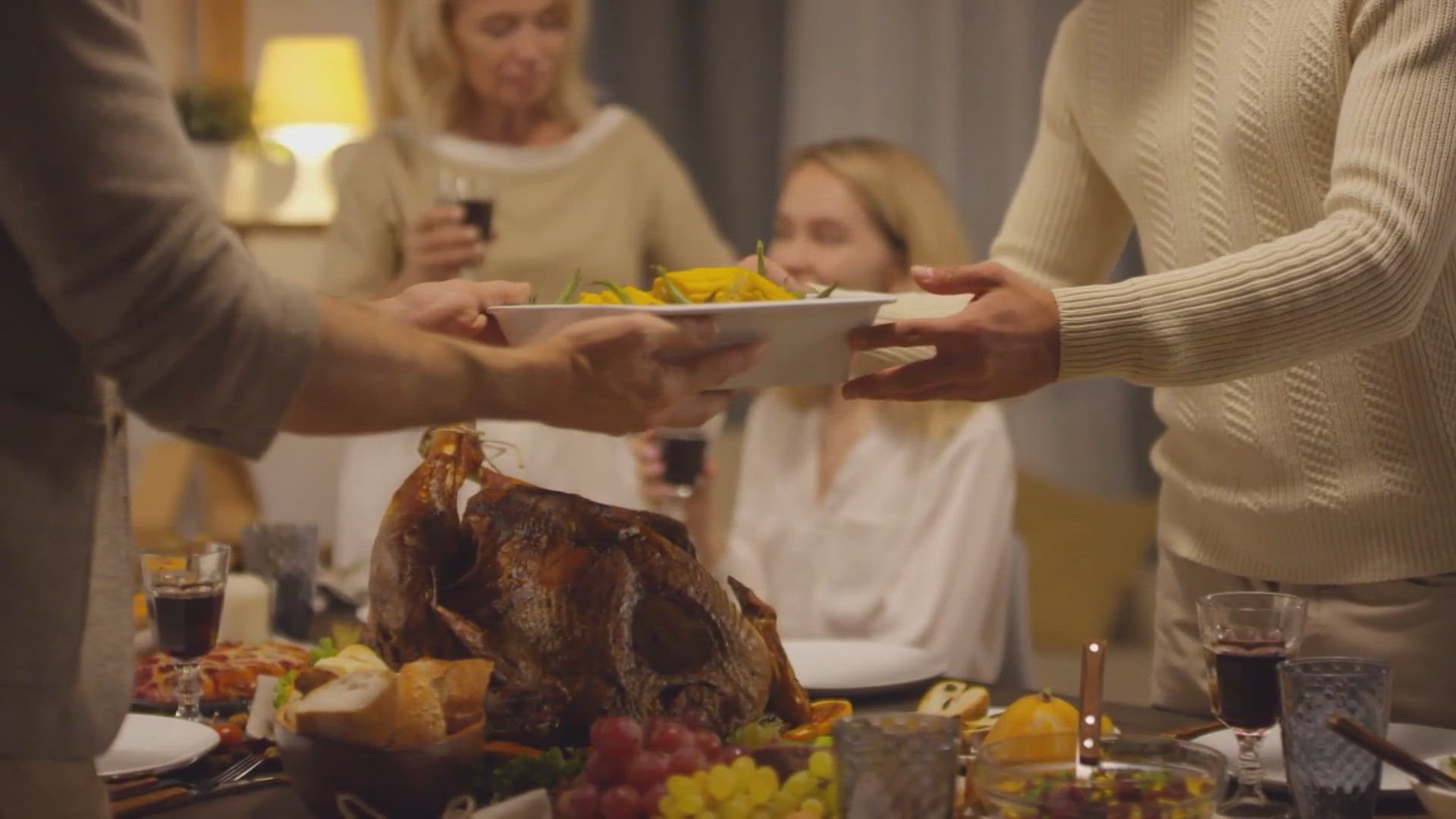DENVER — The most wonderful time of the year for some can be the most stressful for others. For those dealing with disordered eating, the holidays are tough.
Nearly one in 10 people in the United States will have an eating disorder in their lifetime, according to ANAD. That's more than 28 million Americans from kids to the elderly with people from every race and religion.
And being home for the holidays doesn't always help.
"It can be such an intense time. Not that there's an easy time to be struggling with this, but I think these times especially because of being around people who are going to be making comments, you know, being around foods like that," said Emily Hemendinger, assistant professor of psychiatry at CU Anschutz.
Hemendinger said this time of the year, people love to comment on your life, your size, what you're eating and how much you're eating.
"It can be really stressful and it can be really difficult to be around so much food and so many, for lack of a better word, 'fear foods' or triggering-type foods like binge foods," Hemendinger said. "So it can be pretty difficult for sure."
And disordered eating isn't always apparent. Hemendinger said here in Colorado, with many focused on fitness and health, it can be a slippery slope.
"A lot of times it might start as someone like, 'I just want to get healthy. I just want to get in shape,'" Hemendinger said. "And you might be more likely to develop those patterns around whether it's rigid eating or over-exercising or even binging and purging."
The pressure and stress of the perfect holiday season or just spending time with family can trigger the instinct to restrict or binge, even for people in recovery.
"When you're trying to really work on reducing symptoms and having a more flexible relationship with food, you want to have some sort of structure. And the holidays really just, that goes to the wind," Hemendinger said.
For those dealing with eating disorders, she said heading into the holidays is better with a plan. Like what you'll say if someone makes a rude remark.
"One of my favorite things that I suggest to my clients is actually to make a bingo card, you know, especially if they've grown up in or they know their family is going to make comments about food and weight or just unhelpful comments. I say, 'Let's make a bingo card,'" Hemendinger said. "Unhelpful comments are going to be made and people are going to be offering you lots of comments about these things. So let's prepare. Let's just accept that it's going to happen."
If you're concerned a loved one might be struggling with disordered eating, Hemendinger said don't try and confront or accuse them. Just talk to them about what's going on in their life, how they're feeling and focus on the emotions that might be leading to the issue rather than the food they may or may not be consuming.
If you or someone you know is dealing with an eating disorder, there is help available. For more information, visit the National Eating Disorders Association, ED Care, Eating Recovery Center or the La Luna Center.

